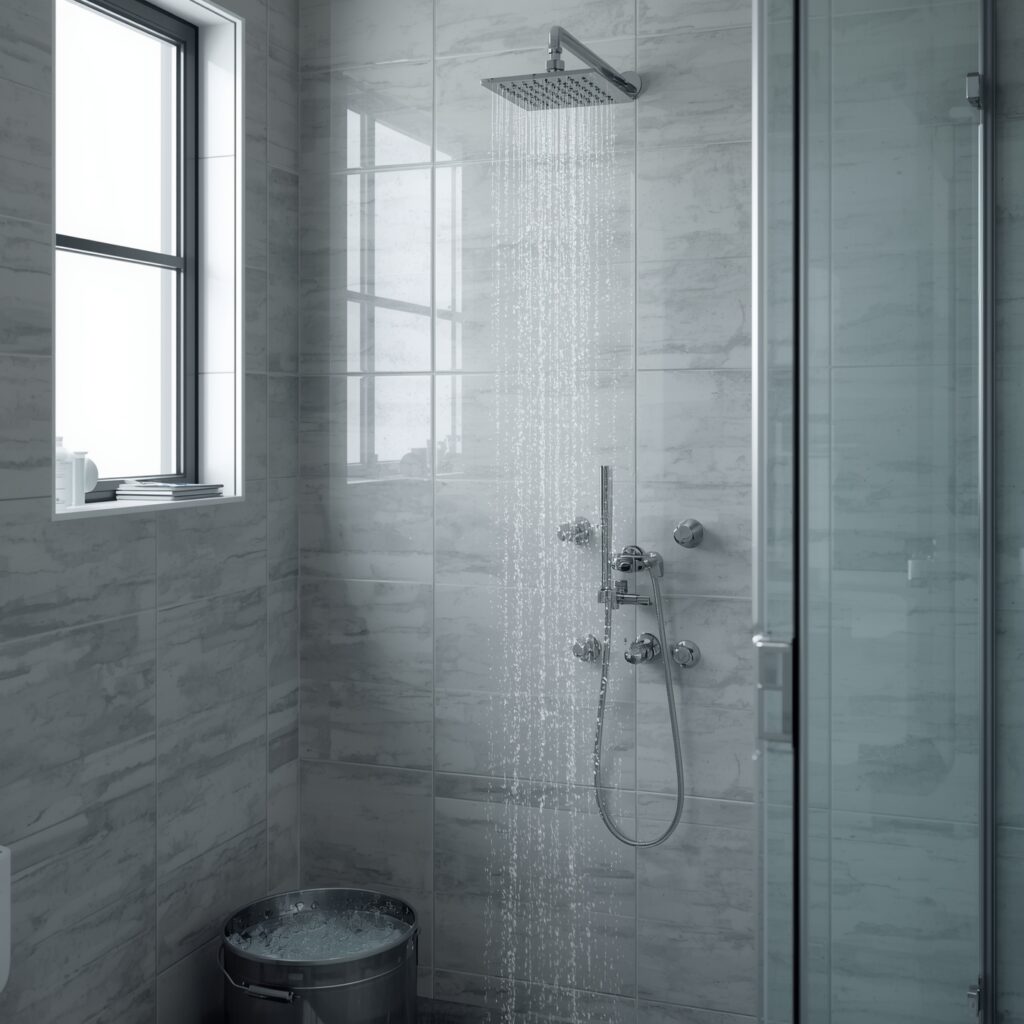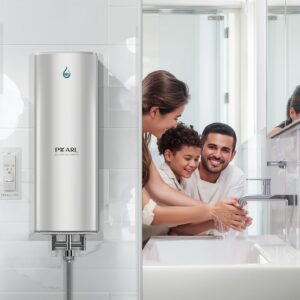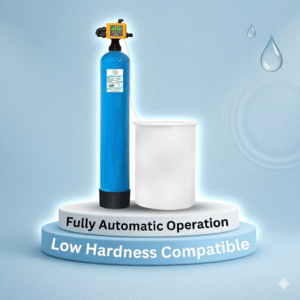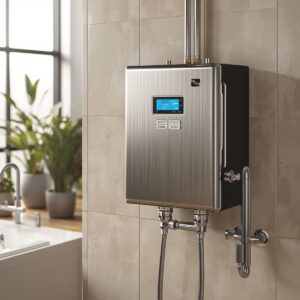Discover the best water softener systems for homes in India. Prevent scale, protect appliances & enjoy soft water daily with Pearl Water Technologies.
Table of Contents
Introduction to Hard Water Problems
What is a Water Softener?
Why You Need a Water Softener at Home
Benefits of Installing a Water Softener
How Does a Water Softener Work?
Types of Water Softeners
Applications of Water Softeners
Choosing the Right Water Softener for Your Needs
Installation & Maintenance Tips
Why Choose Pearl Water Technologies?
Conclusion
FAQs
Introduction to Hard Water Problems
Hard water is a common issue in most Indian households. It contains high levels of calcium and magnesium, which cause white deposits on bathroom fittings, scaling in geysers, reduced efficiency of washing machines, and dull skin and hair. To overcome these issues, a water softener is the perfect solution.
What is a Water Softener?
A water softener is a filtration system that removes hardness-causing minerals from water, making it soft and safe for daily use. By replacing calcium and magnesium ions with sodium or potassium ions, soft water ensures better cleaning, longer appliance life, and improved skin and hair health.
Why You Need a Water Softener at Home
Protects appliances like geysers, washing machines, and dishwashers from scaling.
Keeps bathroom fittings shiny and free from white spots.
Makes laundry softer and brighter.
Improves skin texture and hair quality.
Saves energy by enhancing appliance efficiency.
Benefits of Installing a Water Softener
Longer Appliance Life: Prevents scaling in geysers and pipes.
Better Cleaning: Detergents and soaps lather well in soft water.
Healthier Skin & Hair: Prevents dryness and roughness caused by hard water.
Cost Saving: Reduces maintenance and electricity bills.
Eco-Friendly: Uses less soap and detergent, reducing water pollution.
How Does a Water Softener Work?
Most water softeners use ion-exchange technology. The resin bed inside the softener traps calcium and magnesium ions and replaces them with sodium ions. Once the resin gets saturated, it is regenerated using brine (salt solution), making the system ready for reuse.
Types of Water Softeners
Domestic Water Softeners - For homes, kitchens, and bathrooms.
Commercial Water Softeners - For hotels, hospitals, and institutions.
Industrial Water Softeners - For factories, industries, and large-scale use.
Applications of Water Softeners
Bathrooms & kitchens in homes
Washing machines & dishwashers
Water heaters & geysers
Commercial setups (salons, hotels, hospitals)
Industrial plants
Choosing the Right Water Softener for Your Needs
Water Hardness Level - Test your water TDS and hardness.
Usage Capacity - Select based on family size or commercial requirement.
Space Availability - Compact models for bathrooms and large ones for industries.
Budget & Maintenance - Choose a system with easy resin regeneration.
Installation & Maintenance Tips
Install near water inlet for best performance.
Regenerate the resin periodically using softener salt.
Clean the brine tank regularly.
Get professional servicing every 6–12 months.
Why Choose Pearl Water Technologies?
Pearl Water Technologies is one of India’s leading water treatment solution providers. We offer:
High-quality domestic, commercial & industrial water softeners
Affordable pricing with excellent after-sales service
Durable FRP vessels & branded valves
Easy online ordering at Pearl Water Softeners
Conclusion
Hard water can silently damage your home, appliances, and even your health. Installing a Pearl Water Technologies Water Softener ensures soft, clean water for your family, protecting appliances and giving you healthier skin and hair. Whether for your bathroom, kitchen, or entire home, Pearl Water has the right solution for you.
👉 For more info, visit: https://pearlwater.in/water-softeners
FAQs
Q1: What is the life of a water softener?
Ans: With proper maintenance, a water softener lasts 10–15 years.
Q2: Does a water softener remove TDS?
Ans: No, it only removes hardness-causing minerals. For TDS reduction, an RO is needed.
Q3: Can I drink softened water?
Ans: Softened water is safe for bathing, cleaning, and appliances, but not always recommended for direct drinking if sodium levels are high.
Q4: How often should I regenerate the softener?
Ans: Depending on usage, typically once every 7–10 days.
Q5: Is a water softener necessary if I already use an RO system?
Ans: Yes, RO treats drinking water, while a softener treats whole-house water.
Q6: What type of salt should be used in water softeners?
Ans: Special softener salt tablets are recommended for best performance.
Q7: Will a softener remove iron from water?
Ans: No, an iron removal filter is required for that.
Q8: Can I install a softener for only one bathroom?
Ans: Yes, Pearl Water offers compact softeners designed for single bathrooms.
Q9: What is the cost of a domestic water softener?
Ans: It varies by capacity; you can check prices at PearlWater.in.
Q10: How do I know if I need a water softener?
Ans: If you see white spots on taps, dull laundry, or dry skin/hair, you likely have hard water and need a softener.



